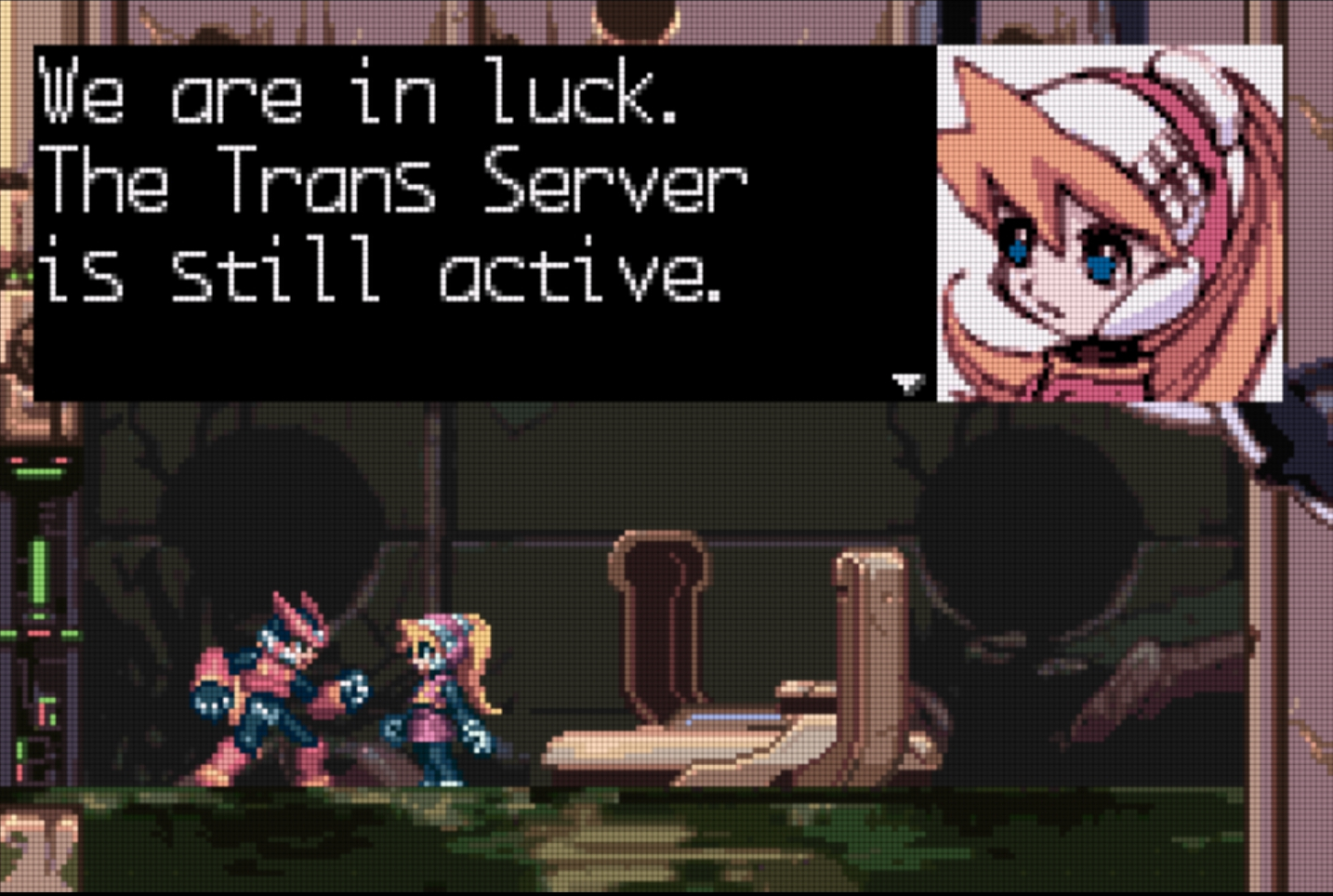A small ultrasonic cleaner does wonders for getting glasses clean. Just use a couple drops of dish soap in the water and they'll come out like new.
fortified_banana
Nope, not at all. Silverblue here (GNOME), and the upgrade went smooth, nvidia drivers and all.
Yeah, I've always found terms like "content" (and by extension "content creator") to be degrading and corporate-focused. It's weird to me that it's such a common way to refer to the work of artists and entertainers online. I don't do anything of the sort, but it's got to be rough being pushed so hard into chasing the algorithms to stay relevant.
I've yet to be disappointed in anything TWRP's put out.
I think they got the nvidia driver accumulation thing straightened out. On Fedora 40, I had it automatically remove a bunch of older versions and now it only lists the 64 and 32 bit versions I expect it to.
$ flatpak list | grep nvidia
nvidia-550-76 org.freedesktop.Platform.GL.nvidia-550-76 1.4 system
nvidia-550-76 org.freedesktop.Platform.GL32.nvidia-550-76 1.4 system
Edit: looks like it's fixed by this.
No, it's a side effect of how everything's handled by rpm-ostree currently, and it's on the list of issues to be fixed.
/etc is writable, so no reboots are required. That said, /etc is treated in a special way and each deployment will have its own /etc, based on the previous one.
So if you make changes to /etc then revert to a previous deployment, your changes will be reverted as well. But if you make changes and upgrade (or do whatever to create a new deployment), your changes will bu preserved.
Looks like you're on Fedora Silverblue (or other Atomic version). This is happening because the system groups are in /usr/lib/group rather than /etc/group and this causes the issue you're seeing here. You can work around it by getting into a root shell with something like
sudo -i
and then getting the group added to /etc/group with
grep -E '^dialout' /usr/lib/group >> /etc/group
after that, you'll be able to add your user to the group with
usermod -aG dialout pipe
If you're using universal blue images, that comes built into the image (at least on nvidia images for sure). To get rid of it, you'd have to use rpm-ostree override remove to get rid of it.
As far as I'm aware, CloudLinux is based on CentOS for older versions, and Alma Linux for newer versions, so it would be in the RHEL sphere of things.
They're also the company that launched and continues to sponsor Alma Linux, a community run RHEL compatible distribution.
I'm not sure about using xml files, but there's also a 'picture-uri-dark' key you need to set instead if you're using dark mode. I have a similar setup with a systemd user timer that runs every 5 minutes.
Edit: I just tried it out in the terminal and it works ok for xml files, too. Also, I try to avoid parsing the output of ls in scripts. You can use find instead, something like
find $wallpath -name '*.xml'
should work.
The Mineclone2 game for Minetest is pretty solid, and it's got most of what Minecraft has, it seems. My son and I play it pretty often.

I always try to consult the man pages for these kind of questions (you can search by typing '/' in the man page). Here's what the systemctl manual has to say in the specifications for the
--forceoption:Note that when --force is specified twice the selected operation is executed by systemctl itself, and the system manager is not contacted. This means the command should succeed even when the system manager has crashed.